China said on Monday it firmly opposes the bloc confrontation tactics being employed by some countries in the name of opposing coercion, after a meeting of top diplomats from Australia, India, Japan and the United States raised concerns over the situation in the East China Sea and South China Sea.
Beijing objects to attempts by countries forming the Quad grouping exercising the rules of their cliques in the name of maintaining order, Foreign Ministry spokesman Lin Jian told a daily news conference.
"We urge countries from outside the region to seriously respect the efforts of countries in the region in maintaining regional peace and stability, and refrain from fueling tension in the region," he said.
After the Quad meeting in Tokyo on Monday, Japanese Foreign Minister Yoko Kamikawa, US Secretary of State Antony Blinken, Australian Foreign Minister Penny Wong and Indian External Affairs Minister Subrahmanyam Jaishankar issued a joint statement.
They said they are "seriously concerned" over the tensions in Asia-Pacific and expressed "strong opposition" to unilateral changes to the status quo by coercion, The Associated Press reported.
In response, Lin said China has always believed that cooperation among countries and initiatives intended for a region should be conducive to the region's peace, stability and prosperity, "rather than a collection of cliques and small circles that undermine mutual trust and cooperation among countries in the region".
He criticized the quadrilateral mechanism for chanting "building a free and open Indo-Pacific" while "deliberately creating tensions, inciting antagonism and confrontation, and blocking the development of other countries".
This "runs counter to the general trend of seeking peace, seeking development, promoting cooperation and seeking prosperity in the Asia-Pacific, and is doomed to be unpopular", he said.
Guarding maritime rights
On maritime issues, he said Beijing unswervingly safeguards its territorial sovereignty and maritime rights and interests, and is committed to handling bilateral maritime issues with the countries directly involved through dialogue and consultation.
He said some countries outside of the region have been frequently dispatching advanced military aircraft and warships to the South China Sea to show off their force and create tensions, as well as organizing various cliques to create divisions and stir up confrontation in the region.
That "has constituted the biggest threat and challenge to the region's peace and stability", he said.










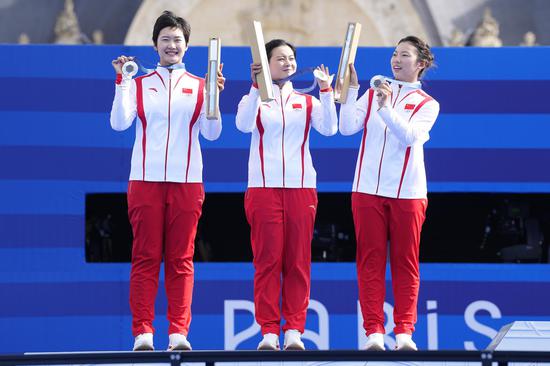




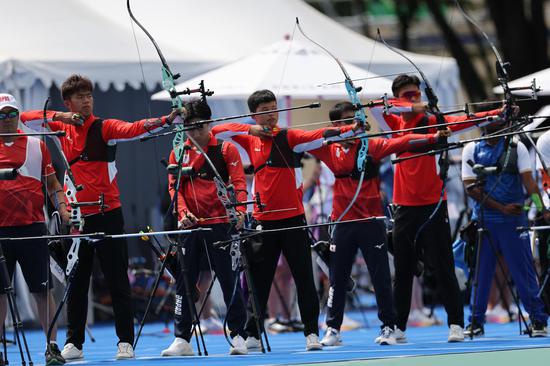
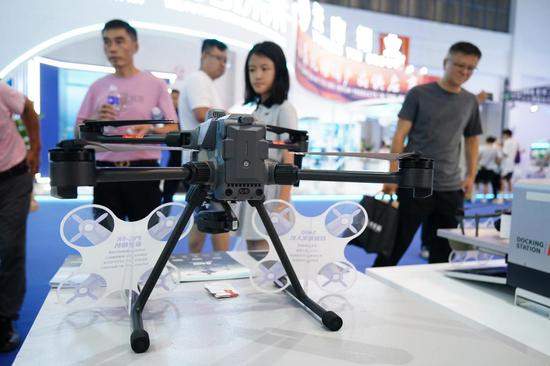
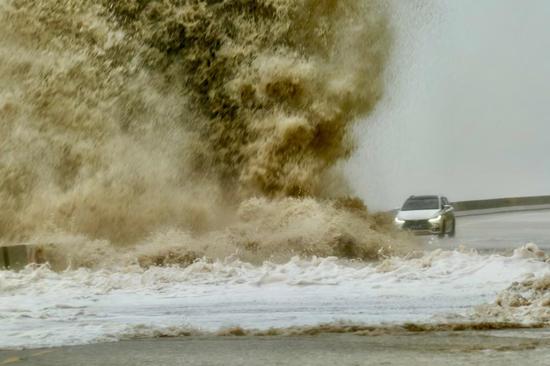





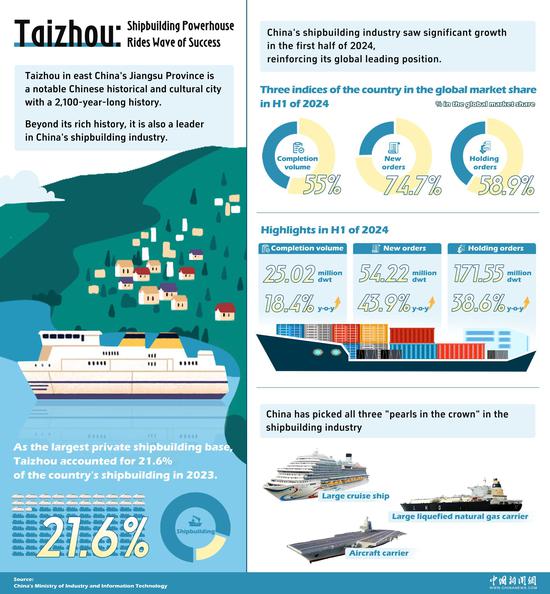
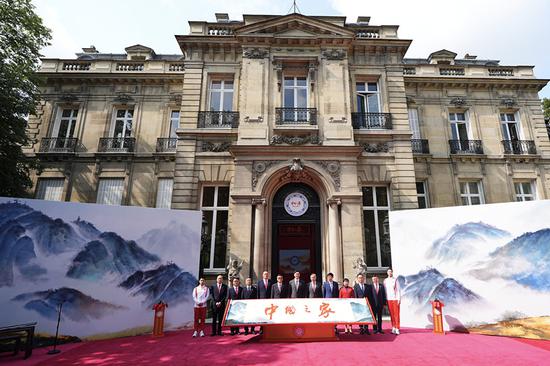


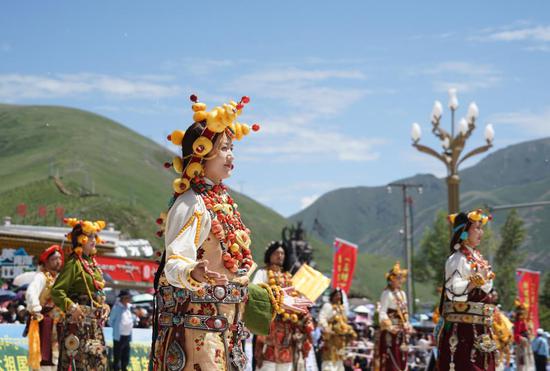
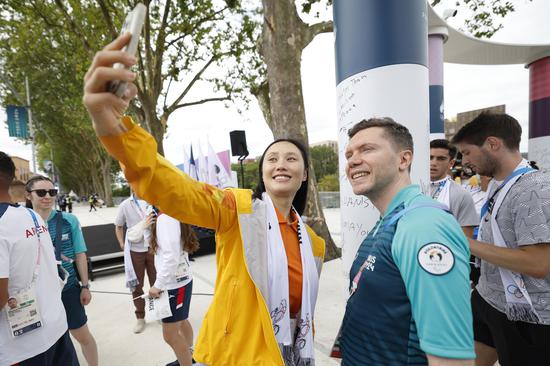

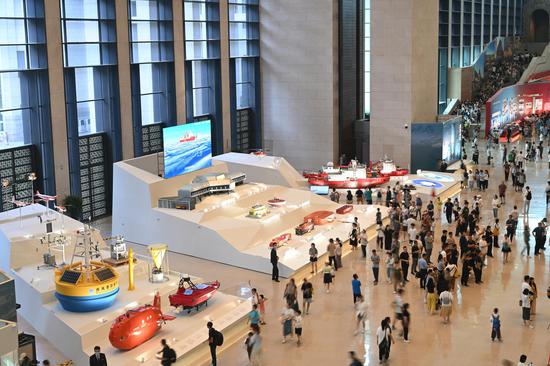

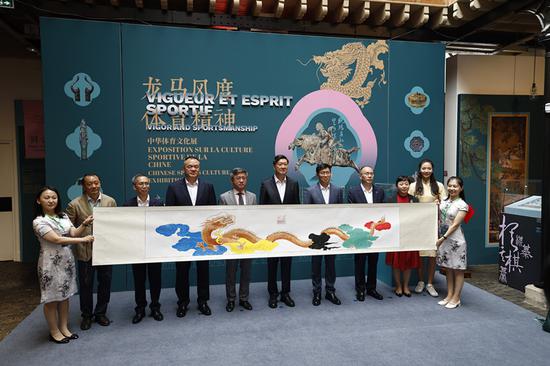
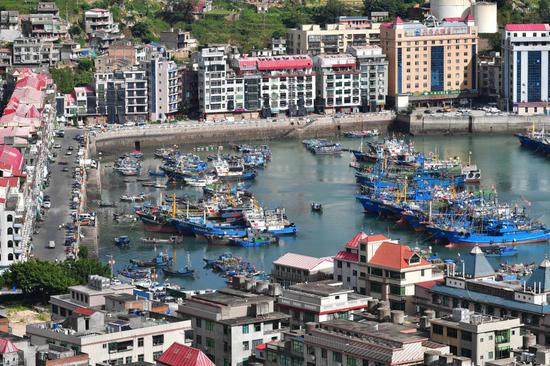
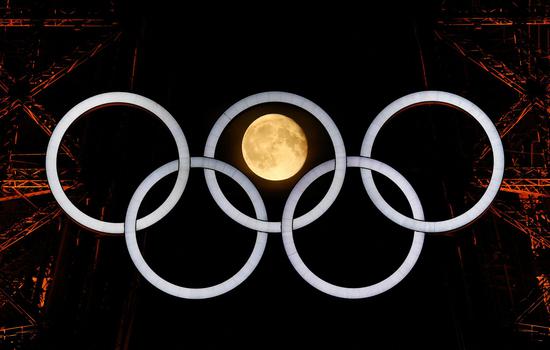


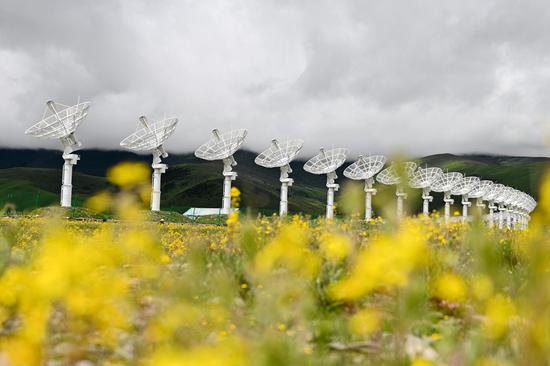
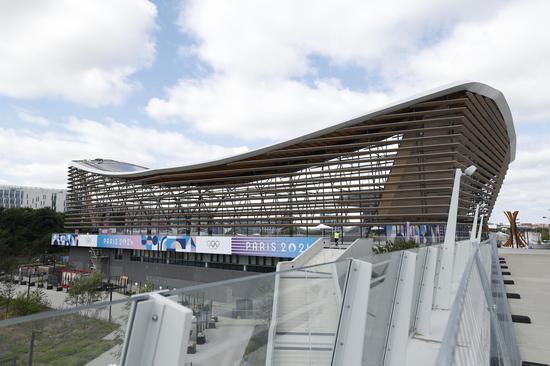




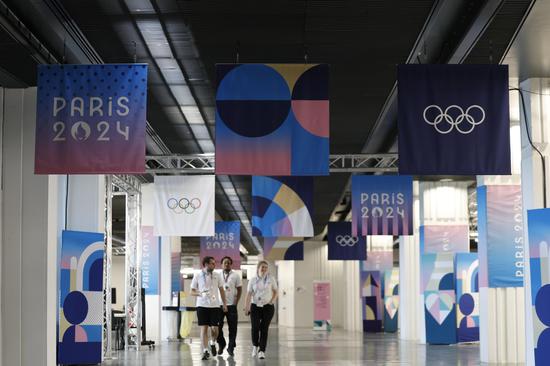


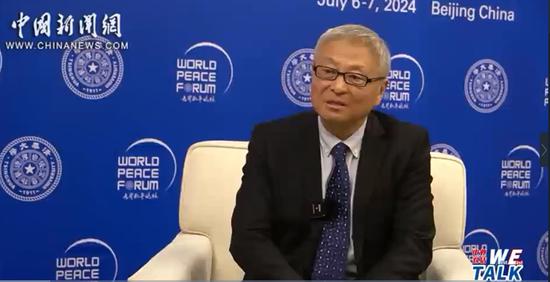



 京公网安备 11010202009201号
京公网安备 11010202009201号